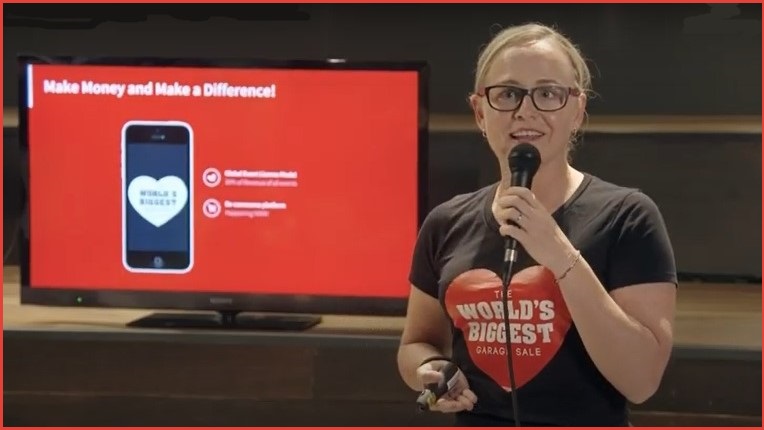More than 1,000 Australian women entrepreneurs were left with a sour taste in their mouth this week after an email bungle from the Department of Industry, Science, Energy and Resources.
Early on Monday morning, the department, which is in the portfolio of Technology Minister Christian Porter, sent applicants of the Boosting Female Founders Initiative emails wrongly saying they had progressed to the next stage of the Boosting Female Founders grant.
Hours later, it pushed out apology emails saying there had been an error.
“This is a merit-based program,” the apology email – signed by the ‘BFF Team’ – said.
“Unfortunately your application was not successful as it did not rate sufficiently high against all of the assessment criteria.
For female founders like Yasmin Grigaliunas, CEO of the World’s Biggest Garage Sale, it was a disappointing turn of events.
“I already knew two founders who got announced on Friday so when my email arrived on Monday, my heart skipped a beat,” she told Information Age.
“I thought maybe they were just spreading them out a bit.”
The grants are part of the government’s $52 million Boosting Female Founders Initiative which is offering sums of money between $25,000 and $480,000 to help female-founded startups expand their business.
While Grigaliunas recognises the funding is helpful, she questions the structure of the grant, its eligibility criteria, and sees the mass email error as symptomatic of a system not adequately designed to support women entrepreneurs.
“The attention to detail is where I question validity of our grant being considered properly,” Grigaliunas said.
“If they can’t get a mail merge form right, how can they properly have gone through 1,500 other applicants without missing some other critical information?”
Thrilled this morning to receive a SUCCESSFUL confirmation in writing that @WBGS_Global made it through to RND 2 of the Boosting Female Founders Grant! YAY right? ❤️ @sheeo_world Minister for Industry, Science & Technology @cporterwa @business_gov_au....then my heart broke! 💔 pic.twitter.com/TuMsaS9aAa
— Yasmin Grigaliunas (@yasgrigaliunas) July 19, 2021
Attention to detail
Grigaliunas’s business originally centred around large in-person shopping events where people could buy used goods with some of the proceeds going to charity.
COVID-19 forced the World’s Biggest Garage Sale to refocus its attention online and move toward business-to-business sales of upcycled goods like office furniture.
A spokesperson for the department – in an email bearing the generic ‘Media Team’ signature – recognised it made a mistake and said it is “reviewing its processes” to make sure this kind of thing doesn’t happen again.
“The department understands that this will have disappointed a large number of applicants and apologises to those affected,” the spokesperson said.
Grigaliunas also raised her concerns that women who are leading businesses which operate with capital from a family trust may not have been eligible for grants because of other male shareholders.
She thinks the systems governing federal funding needs a rethink.
“Right now, we need a new system,” Grigaliunas told Information Age.
“Instead of investing money and resources using the old models to give money to female founders – many of whom are needing and deserving grants – why not develop a new system?
“It’s like putting the women in the male change rooms at the footy match again.
“When, actually, you need to build changerooms for the women, not fit them in a system and solution made for someone else.
“Currently it’s a check box government form which doesn’t see the human aspect of women growing businesses and taking risks; who are creating social businesses, change-oriented businesses.”










